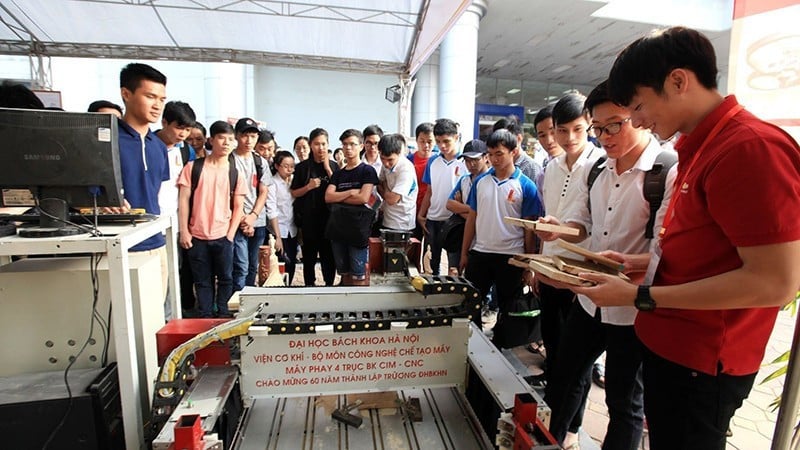
Resolution No. 57/NQ-TW of the Politburo on breakthroughs in science and technology development, innovation and national digital transformation has required the improvement of laws on intellectual property, digital assets, data... as a foundation for the innovation ecosystem. This is the guideline for strengthening the protection and enforcement of intellectual property rights in the digital age.
Even in today’s digital economy , corporate value is shifting from tangible assets such as factories and machinery to intangible assets, especially intellectual property rights. However, the legal framework for intellectual property rights protection still has many “life-and-death loopholes” and of course there are “white spaces” in terms of protection in the field of artificial intelligence (AI).
The Law on Intellectual Property, issued in 2005, has been amended many times but has not kept up with the strong development of non-traditional assets such as digital data, virtual assets, intellectual property, high technology, etc. Meanwhile, many businesses, although promoting innovation and creativity, have not yet developed the habit of protecting and capitalizing intellectual property rights. Many inventions - "soft weapons" in business strategies - are not registered, trademarks are not protected, technology confidentiality rights are not established, and the result is that many products are counterfeited and brands are misappropriated.
Statistics from the National Office of Intellectual Property show that although Vietnam has more than 700,000 protected trademarks, the situation of violations is still complicated. In 2024, more than 2,000 infringement cases were recorded, with the value of infringing goods reaching hundreds of billions of VND. In the first six months of 2025 alone, authorities discovered and handled more than 3,270 cases, an average of nearly 20 cases per day, causing losses of thousands of billions of VND. This situation forces us to "patch" legal loopholes to promote the true value of intellectual property rights, especially paying close attention to regulations related to AI.
According to the National Assembly's Committee on Law and Justice, the draft Law amending and supplementing a number of articles of the Law on Intellectual Property - to be submitted to the 10th session of the 15th National Assembly - needs to clarify regulations related to new intellectual property subjects such as derivative works on digital platforms, intellectual property in fields related to AI, big data, and build a legal framework to protect the rights of intellectual property owners in the online environment to meet the requirements of science and technology development, innovation, etc.
Many opinions wonder whether AI is truly creative or just a “copycat” version from processing and analyzing collected data, which has posed legal challenges. Does the copied AI training data require permission? AI can be an original or nearly identical reproduction of the original content. Does this violate copyright or derivative rights? Are products created by AI from public data protected? And it is entirely possible that there will be inventions, industrial designs and layout designs created by AI systems and proposed to be recognized as authors.
Explaining at a recent meeting of the National Assembly Standing Committee, Minister of Science and Technology Nguyen Manh Hung said that using public data to train AI does not require copyright permission, as long as it is not copied verbatim, because if it is banned, it will reduce competitiveness and many countries have also legalized this regulation. Regarding the protection of works created by AI, if the AI is self-created without human participation, it is not protected and must be labeled; on the contrary, if humans use AI as a tool, it is still protected.
Using public data to train AI does not require copyright permission, as long as it is not copied verbatim, because if it is banned, it will reduce competitiveness, and many countries have also legalized this regulation. Regarding the protection of works created by AI, if the AI is self-created without human participation, it is not protected and must be labeled; on the contrary, if humans use AI as a tool, it is still protected.
Minister of Science and Technology Nguyen Manh Hung
Obviously, the speed of development and innovation in the digital age is difficult to predict, so the legal framework must be highly predictable and comprehensive. Determining whether or not there is human participation in an AI-related work or product is not easy. To effectively protect intellectual property, there must be a legal mechanism and technical tools (shared data) to detect, trace the origin of a work or product to decide whether to apply protection or not. In addition, there must also be a mechanism to cancel the right (already granted) or oppose the granting (while under consideration) of intellectual property protection in case of suspicion or discovery that the product is entirely created by AI.
Source: https://nhandan.vn/bao-dam-quyen-so-huu-tri-tue-trong-ky-nguyen-so-post915690.html


![[Photo] Conference of the Government Party Committee Standing Committee and the National Assembly Party Committee Standing Committee on the 10th Session, 15th National Assembly](https://vphoto.vietnam.vn/thumb/1200x675/vietnam/resource/IMAGE/2025/10/15/1760543205375_dsc-7128-jpg.webp)
![[Photo] Many dykes in Bac Ninh were eroded after the circulation of storm No. 11](https://vphoto.vietnam.vn/thumb/1200x675/vietnam/resource/IMAGE/2025/10/15/1760537802647_1-7384-jpg.webp)



![[Photo] General Secretary To Lam attends the 18th Hanoi Party Congress, term 2025-2030](https://vphoto.vietnam.vn/thumb/1200x675/vietnam/resource/IMAGE/2025/10/16/1760581023342_cover-0367-jpg.webp)


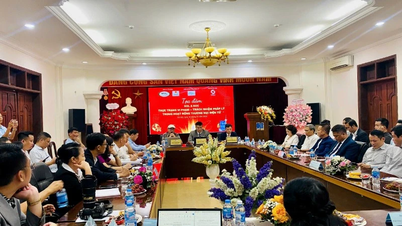
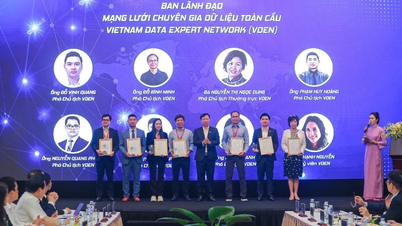










![[Video] Opening of the 18th Hanoi Party Congress](https://vphoto.vietnam.vn/thumb/402x226/vietnam/resource/IMAGE/2025/10/16/1760604434358_anh-khai-mac-8854-jpg.webp)
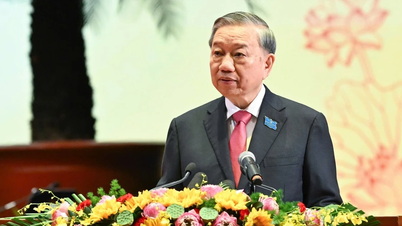


![[Video] Expected to issue digital diplomas and certificates at the same time as paper diplomas](https://vphoto.vietnam.vn/thumb/402x226/vietnam/resource/IMAGE/2025/10/16/1760601732180_720-jpg.webp)
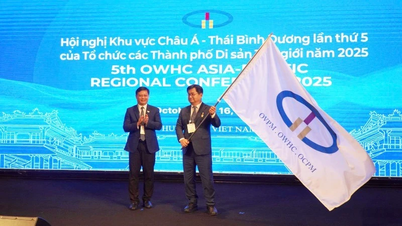






![[Video] TripAdvisor honors many famous attractions of Ninh Binh](https://vphoto.vietnam.vn/thumb/402x226/vietnam/resource/IMAGE/2025/10/16/1760574721908_vinh-danh-ninh-binh-7368-jpg.webp)









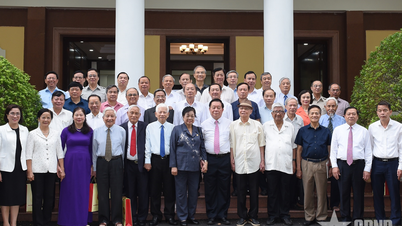





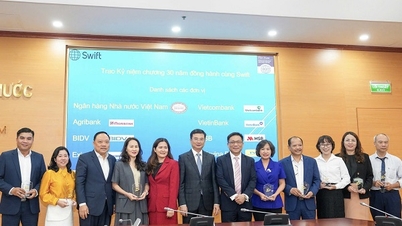








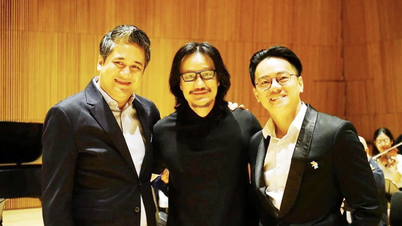




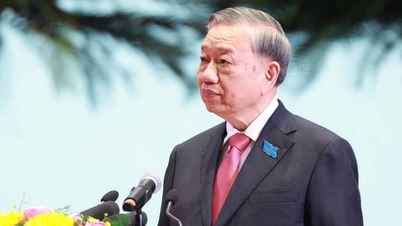

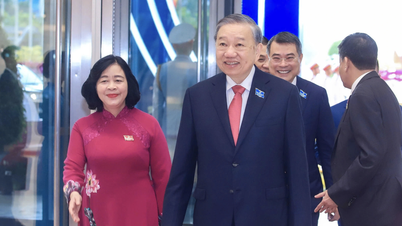
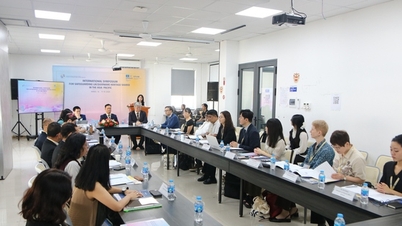


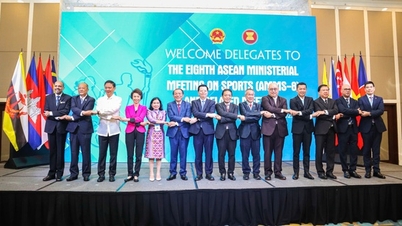
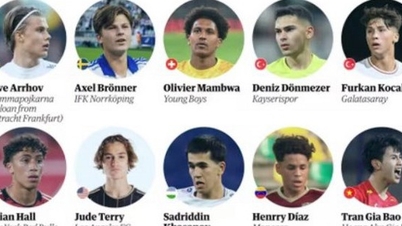


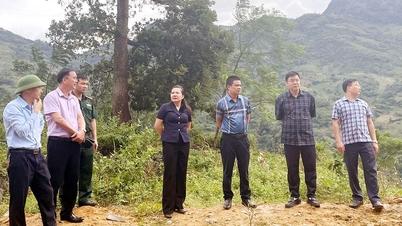

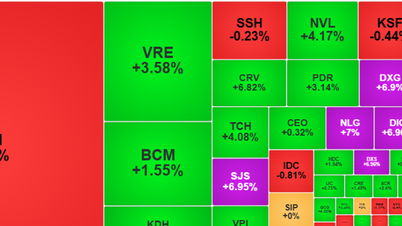



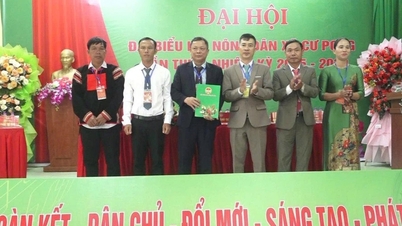

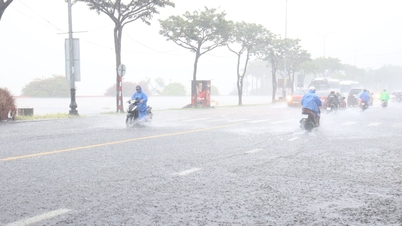


















Comment (0)